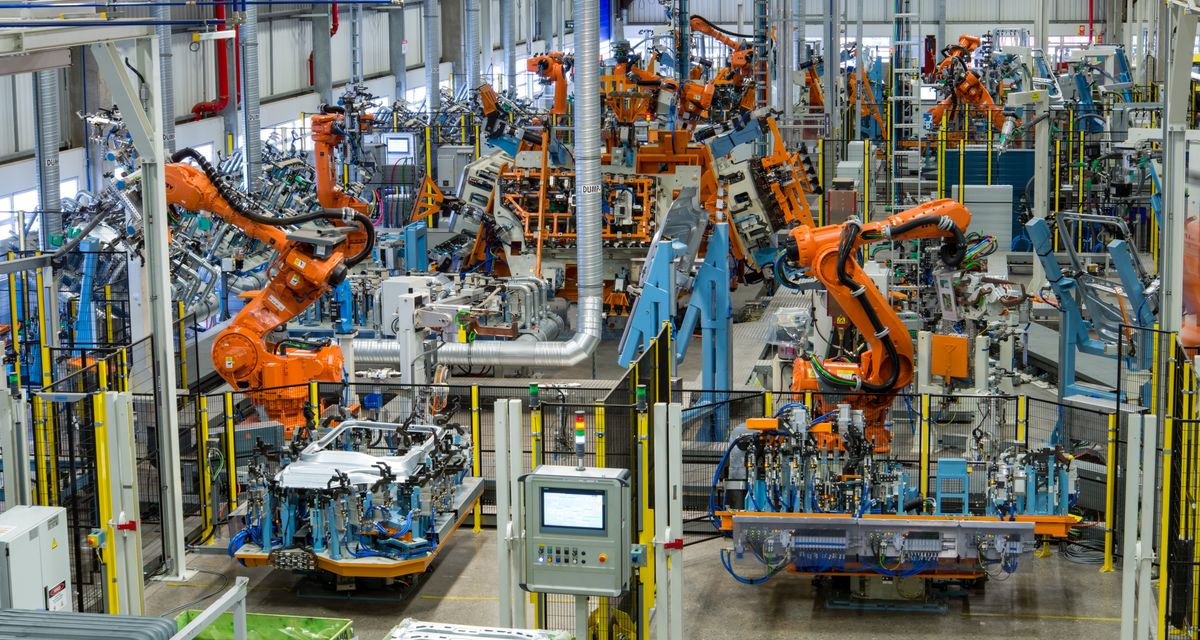Initiative in a partnership with Raízen will allow the manufacturer to overcome the goal to reduce by 75% the CO2 emissions at the plant


By Redação AutoIndústria| Translated by Jorge Meditsch
To contribute to the decarbonization of the road transportation sector, a partnership of Scania and Raízen will substitute biomethane for natural gas at the heavy-duty vehicle plant in São Bernardo do Campo, SP, beginning in 2024.
According to the manufacturer, a contract establishes an average of 7.8 thousand cubic meters daily supply, enough to fulfill the unit’s needs entirely. Currently, natural gas is used at the ABC plant in gas truck tests, cabin paint shop, industrial vehicles, steam generation, restaurants and Scania Logistics vehicles.
The company estimates that, together with other initiatives, using biomethane will allow Scania to overcome the 75% carbon emission goal at the São Bernardo plant up to 2025.
According to Christopher Podgorski, Scania Latin America’s president and CEO, the company was already preparing to replace natural gas through tests and viability analysis. “The opening of the free gas market enabled us a new business model. After months of negotiation and learning, we finally closed this agreement, which positions us as pioneers”, he told in a note.
In the migration process, a Scania team searched where the main villains were in the plant and how to neutralize them. “We identified that the larger CO2 emissions in the industrial operations are related to the use of gas, and biomethane proved itself as a solution”, tells Debora Tanaka, Scania Latin America’s manager of sustainability projects and strategic partnerships coordination.
Biomethane is a renewable natural gas. To supply Scania, it will be produced from sugarcane residue. Replacing fossil fuels, biomethane has the potential to reduce by more than 90% direct greenhouse gas emissions. With the agreement, Scania will receive biomethane molecules directly from Raízen through a distribution system provided by Comgás, which will perform a technical and economic study on its side.
Scania has established six Corporate Environment Goals up to 2025:
• fossil-free electric energy in 100% of the operations up to 2020 (goal achieved in 2016);
• 50% reduction of CO2 emissions in the land logistics flow by transported ton (achieved in 2021);
• reduce by 25% the use of energy in industrial operations;
• reduce by 50% non-recycled residue generation by unit produced (25% in absolute numbers);
• reduce by 40% the water use by produced unit;
• reduce by 75% CO2 emissions in industrial operations.
“Using natural gas in our operations will represent about 60% of 2022 total emissions. With the change for biomethane added to other initiatives, we will be able to achieve the CO2 emission reduction goals established up to 2025. Therefore, this is one more goal we will overcome”, says Podgorski.
Luis Fernando Pedrucci, CEO da Renault, anunciou o início das vendas dos carros Geely no…
Falta de regulamentação do Mover também contribui com a ameaça; a VW amplia investimento e…
Operação brasileira se destacou entre todas as da marca na região da América do Sul,…
Produtos e operações da marca coreana são pautados para contribuir por um planeta melhor
No primeiro trimestre, foram exportadas 1.300 unidades off-road para o mercado estadunidense
Parceria reforça a colaboração entre as marcas iniciado no ano passado com foco em eletrificação